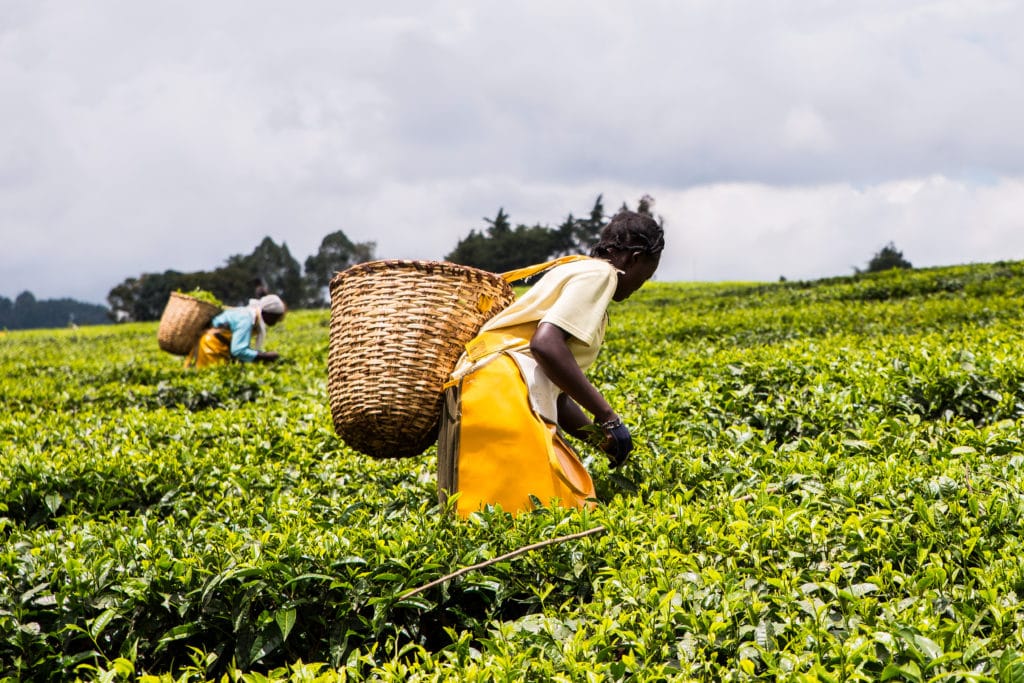The UN has decided to highlight 15 innovative projects in the environmental sector. Africa was nicely represented on the stage, with two initiatives that were rewarded for their relevance and effectiveness on the ground. For the UN Secretary General for Climate Change, “these awards highlight 15 outstanding examples of climate action that can be implemented around the world”. ”They are also a demonstration of the willingness of non-state actors to contribute to the achievement of the objectives set out in the Paris Agreements,” she added.
African women’s education highlighted
Launched in 2013, the Campaign for Women’s Education (Camfed) trains women from poor and marginalised farming communities in sub-Saharan Africa to become experts in sustainable agriculture. These training sessions are organised in partnership with Earth University (Costa Rica) and local colleges. Among the agricultural techniques taught to them is drip irrigation with used plastic bottles that are reused using local methods to water the soil. To date, the programme has already trained 8,500 people and would like to train 50,000 more. The aim is to provide them with knowledge and skills on climate change over the next five years. Knowledge that they in turn must share with their families and friends in order to extend the network of women knowledgeable in sustainable agriculture
Beyond the Grids Fund honours Zambia
Beyond the Grids fund for Zambia (BGFZ) is a project that aims to create a more favourable environment for companies that develop off-grid solar solutions to grow. There is a clear impact on the ground as part of its first round of funding, BGFZ used four local companies (Vitalite Zambia, Fenix International, Emerging Cooking Solutions and Standard Microgrid) to establish 306,000 off-grid electricity connections by 2021 (1.6 million people). In the field, nearly 145,000 connections were deployed after 25 months of operation. As a result, more than 750,000 Zambians have now benefited from access to clean electricity. Since the project was launched in July 2017, BGFZ’s action has prevented the annual production of 358 tonnes of CO².
The project is implemented as part of the Renewable energy and energy efficiency partnership (REEEP) and managed by the Nordic Environment Finance Corporation (Nefco). It is financially supported by the Swedish International Development Cooperation Agency (Sida).
Luchelle Feukeng
